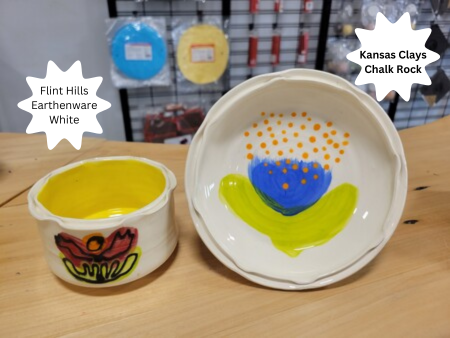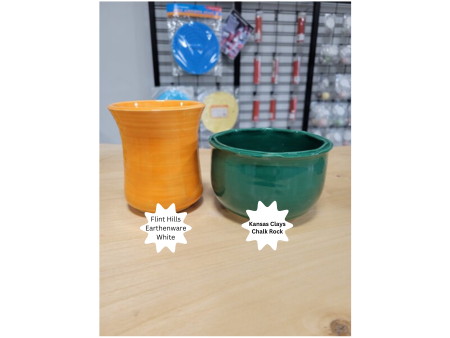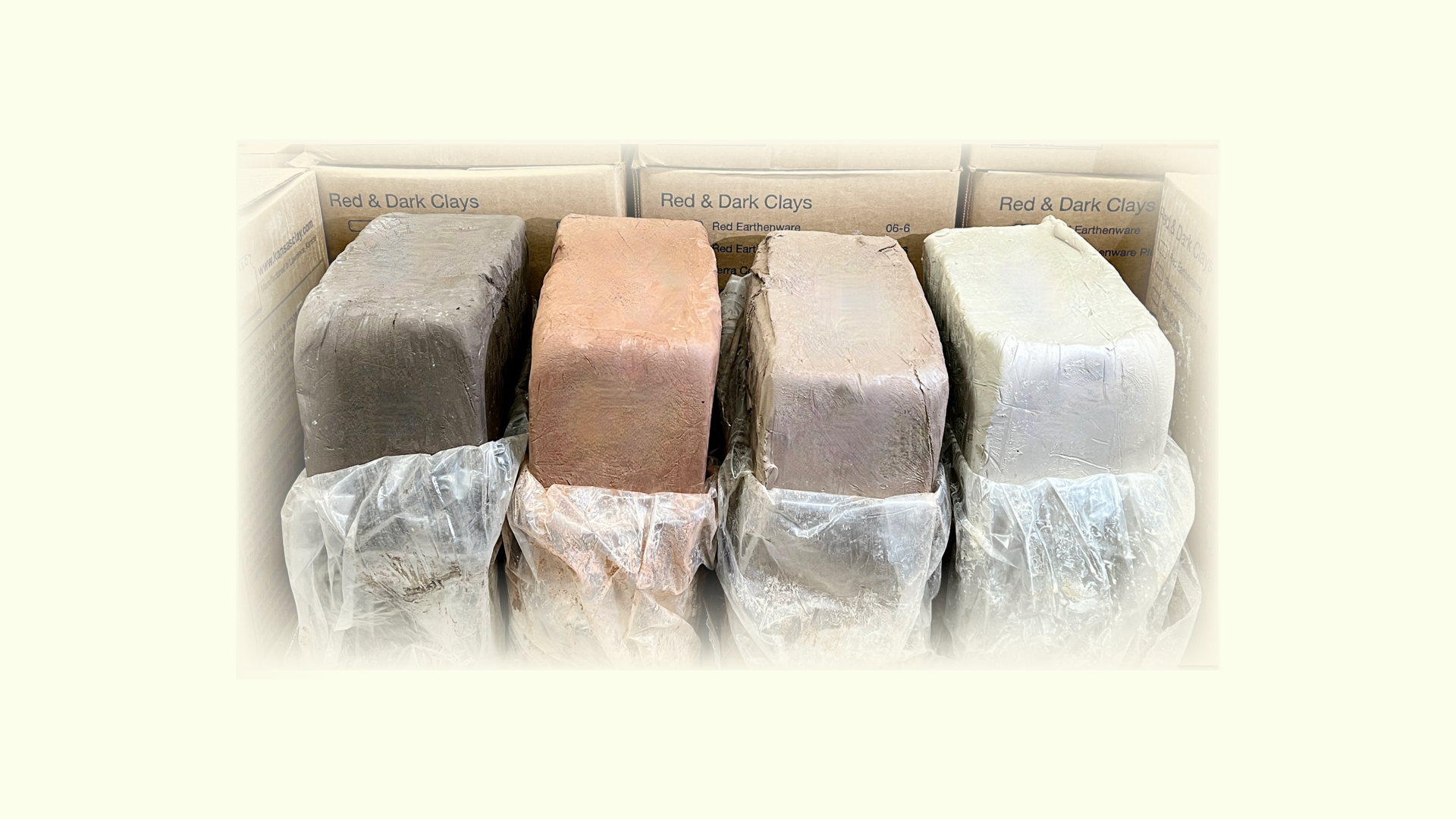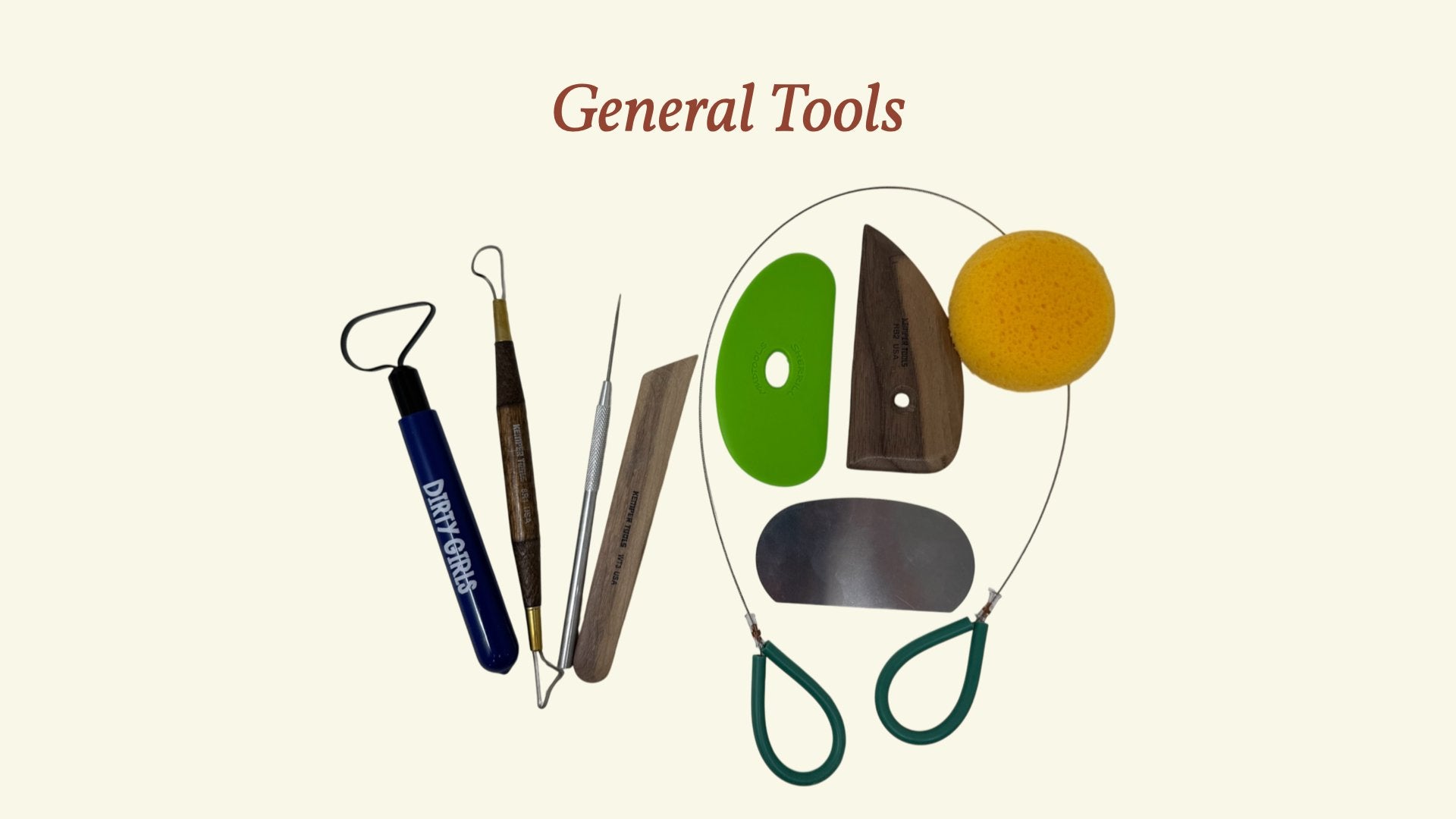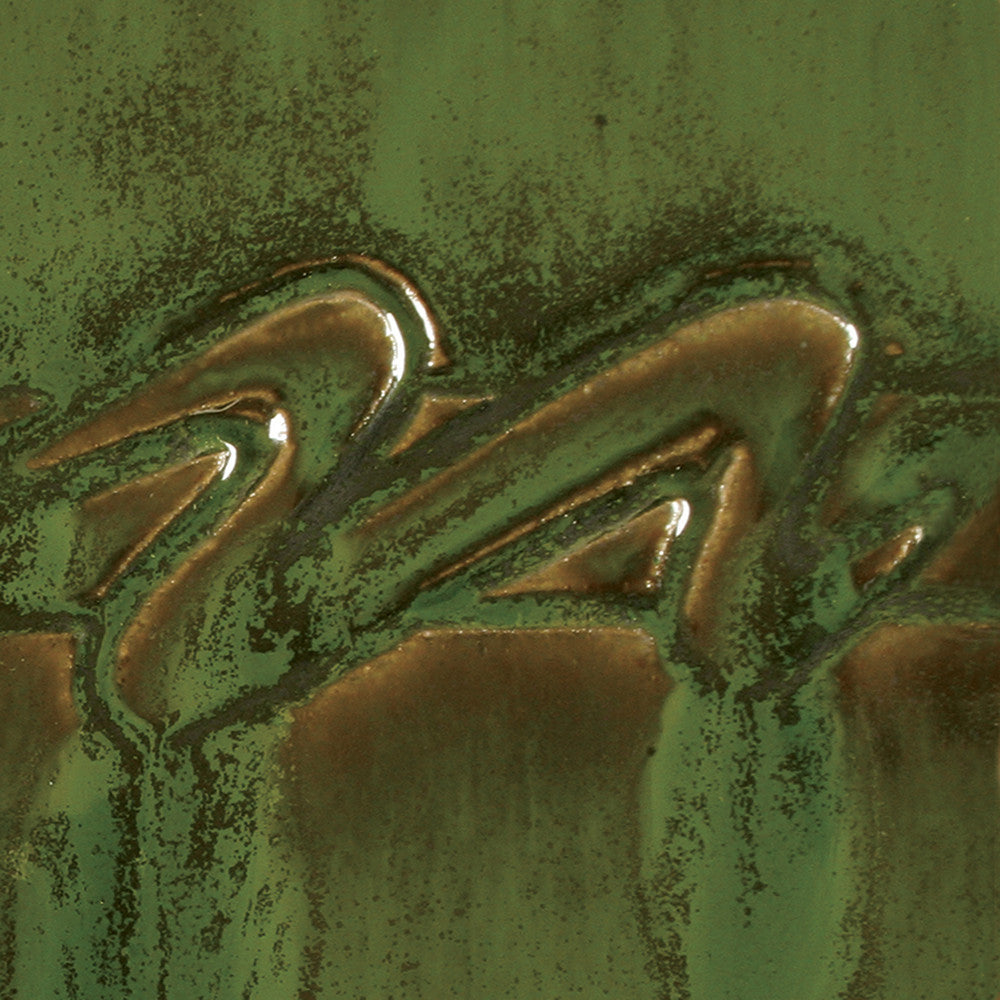Chalk Rock
Chalk Rock
Share this product
****Revised early fall 2024 to improve glaze fit. Bisque firing to Cone 01 is no longer necessary. We owe these improvements to the important sharing of information from another clay manufacturer and friend. ❤️ Our Revised Chalk Rock has been tested to fire beautifully with AMACO, Spectrum & Mayco low fire glazes
Feel free to use their feedback from to share your experiences (click here)!
Flint Hills clays have been evaluated by a nationally certified toxicologist, and have been found to be in compliance with ASTM C-1023 and D-4236, and to not contain any material in sufficient quantity to be toxic or to constitute a chronic health hazard when used responsibly.
Available in stock (111)
Clay Characteristics
Clay Characteristics
Color: White, in Reduction
Texture: Smooth
Maximum Tested Temperature:
Other commonly used firing ranges:
Shrinkage:
- at Bisque
- at Cone 5
- at Cone 10
Absorption:
Brand: Kansas Clays, LLC
Most often used as a
Other Details
Other Details
This clay body works well for the following:
Pricing Details: Bulk pricing on full boxes
Inventory/Shipping Notes:
Safety
Safety
:
Your payment information is authorized at checkout, your order is then reviewed by staff, and your payment is processed securely after your order is confirmed. We do not store credit card details nor have access to your credit card information.




